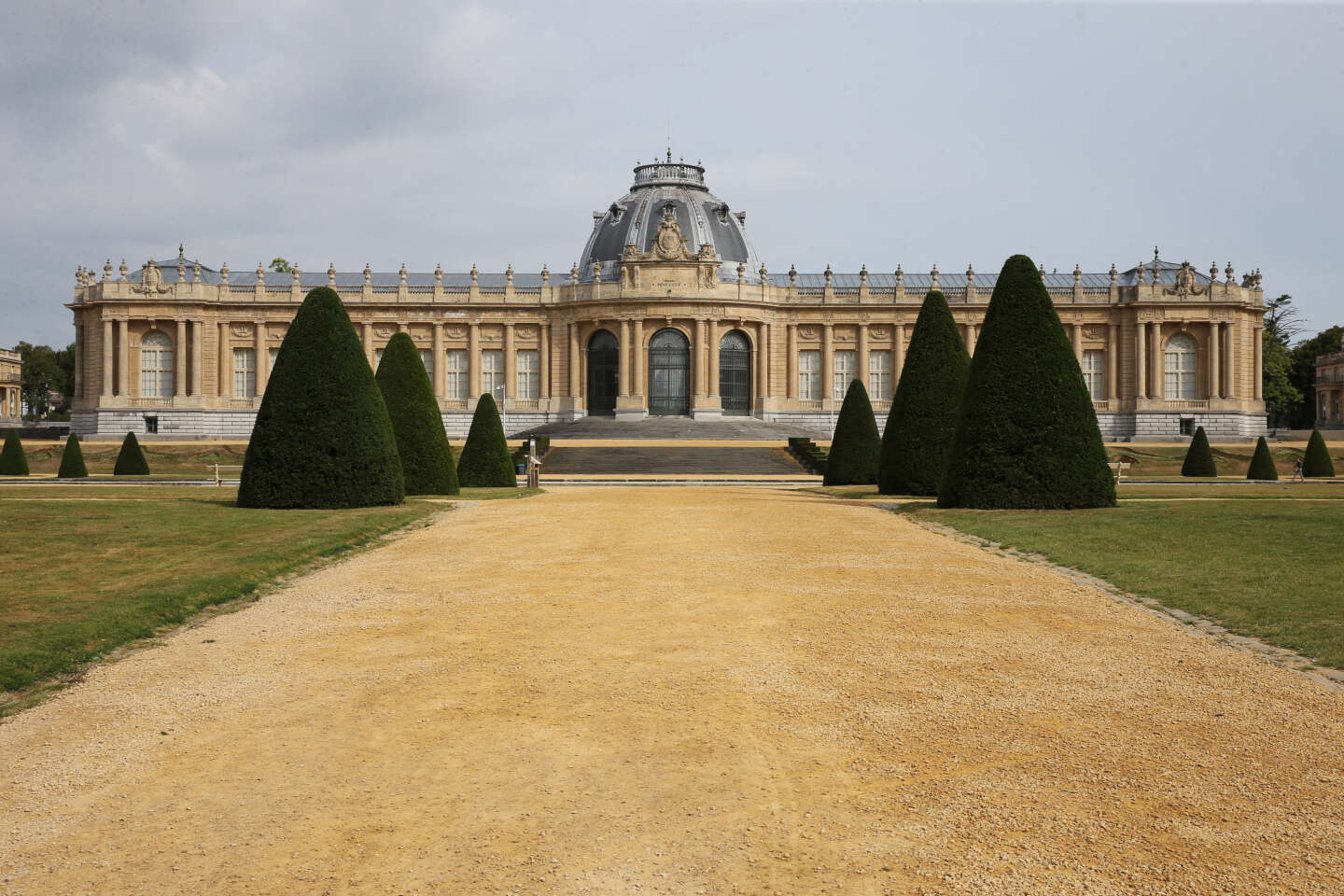


The history of colonization is now a subject of public debate. These debates are highly polarized: Between the advocates of a nostalgic vision of the past – apostles of decline who are increasingly vocal, as shown by the 11th wave of the "Fractures françaises" poll– and the most radical decolonialists, who maintain that our contemporary world is entirely the product of the colonial period. Yet, no one today really casts any doubt on the importance of this five-century-long part of French history.
Far removed from the extremists' memorial conflicts, public opinion seems divided between acknowledging this past or maintaining a policy of amnesia, of which the debates surrounding the 2005 law on the "positive aspects of colonization" were the latest peak. Twenty years on, public policies on the subject are marked by the absence of any collective treatment of this past. The impossibility of establishing a "colonial museum" in France is a symptom of this, even as the Cité Internationale de la Langue Française ("International City of the French Language") has just opened in Villers-Cotterêts.
Although colonial history may not be at the root of our present in its totality, its contemporary repercussions are obvious. Indeed, recent events in Niger, Mali and Burkina Faso are, according to Achille Mbembe, the signs of a "second decolonization," and are marked by anti-French protests that demonstrate a desire to move on from asymmetric relations with their former "mainland". In truth, despite French authorities' repeated assurances of their willingness to put an end to "Françafrique" [a term critical of France's relationships with its former African colonies], deeds have hardly followed words, and the colonial chapter has not really been closed.
Toxic relationship
France also suffers from a toxic relationship with its post-colonial immigration and working-class neighborhoods, which have become central political issues. Yet how can we understand the historical patterns of these migratory flows without looking back at the history of colonization? How can we understand the stigmatization that these populations suffer without deconstructing the representations they were subjected to during colonization?
We could cite numerous examples – such as the desire to remove statues symbolizing the colonial past, to change certain street names, the debates about the contents of school textbooks, etc. – and recall that the issue of our colonial past resurfaces at every presidential election. It is clearly the last taboo in France's 19th- and 20th-century history.
You have 75% of this article left to read. The rest is for subscribers only.
